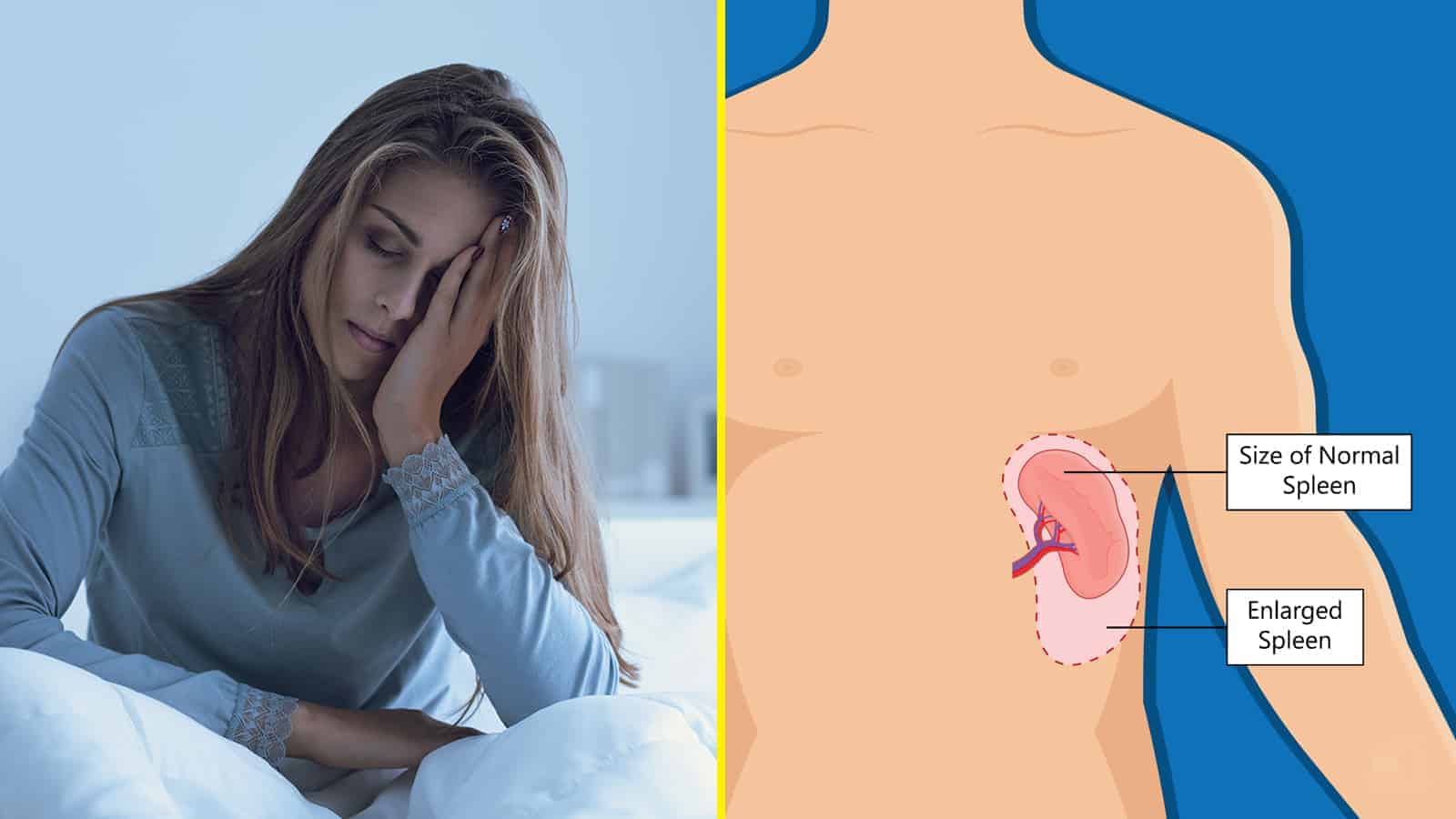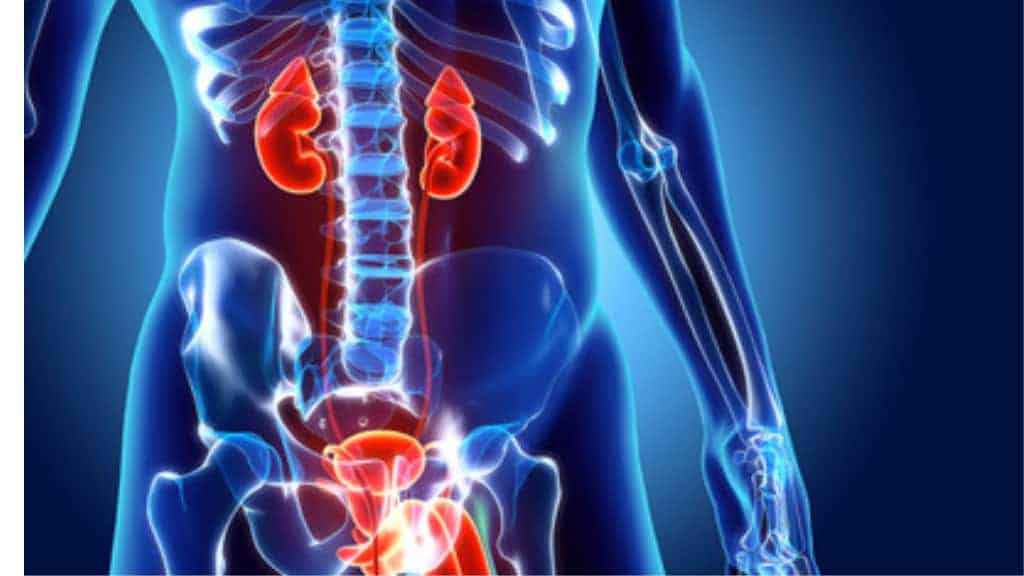You pay special attention to your heart, lungs, kidneys, and brain, but do you know anything about your spleen? On the left side of your rib cage is a small organ that few understand why it’s there or what its purpose is in your system.
The spleen is responsible for filtering your blood.
Think of it as a scanner at the airport trying to detect anything terrible that can disrupt the safety of a flight. Each of your red blood cells runs through this checking system to make sure they’re viable. Anything that is damaged is removed from this organ and sent through the body’s filtering process.
Anything useful that’s found in the blood, like iron, is recirculated into the body. Without this organ, your blood isn’t as clean as it should be. So it helps to keep you functioning at your best. Now, you can live without it, and many people don’t have this structure, as it’s been removed for their safety.
When there is an infection in the body or the blood has a disease, it will swell as it’s fighting many toxins. How do you know if this organ is swollen, and if it’s enlarged, is it dangerous and requires immediate medical attention?
Ten Signs You Have Splenomegaly (Enlarged Spleen)
 When your spleen is beyond the normal limits and swollen, it’s called splenomegaly. Generally, you won’t have any symptoms that let you know there are issues within this organ. But a medical practitioner may be able to detect enlargement during a routine examination. Since this organ is so small, a doctor cannot feel it by palpating this area, but if it’s enlarged, then they may feel some tenderness and a slight difference in this region.
When your spleen is beyond the normal limits and swollen, it’s called splenomegaly. Generally, you won’t have any symptoms that let you know there are issues within this organ. But a medical practitioner may be able to detect enlargement during a routine examination. Since this organ is so small, a doctor cannot feel it by palpating this area, but if it’s enlarged, then they may feel some tenderness and a slight difference in this region.
To accurately diagnose splenomegaly, imaging tests are required. To treat the problem, you must uncover the underlying cause that is making it swell. While some are so damaged that they need to be surgically removed, this is usually not the case. Here are some signs that your spleen is swollen and not working correctly.
1. No Symptoms
In most instances, you won’t have any signs that this organ is more extensive in size than average. Since it doesn’t cause a missed heartbeat or other significant difficulties, it’s not an easy problem to identify. Even for doctors to substantiate an issue, they must rely on testing to verify any size abnormalities.
2. Pain in The Left Shoulder
It seems odd that you might develop pain in the left shoulder when this organ is not working correctly, but the pain often radiates from the abdomen region. Most people are not going to assume they have an issue with this organ when they have shoulder discomfort, so it’s not often thought of as an issue when there is pain in this area.
3. Fullness in the Abdomen
When diseases or infections are present in the body, this organ is working fast to clear the toxins and purify the blood. If the toxins are abundant, then the organ will swell. It can cause both pain and fullness in the left side of the abdomen or both sides.
Don’t let it confuse you because it can feel like gall bladder trouble as well if you’ve overeaten. Remember, the gall bladder is on the opposite side of your body, right under the liver.
4. Feeling Full Without Eating
Since the pressure in the abdomen area is already increased, even the slightest amount of food intake can make it worse. Additionally, you can have the feeling that you’ve eaten an enormous meal even if you haven’t taken a bite. Stomach problems need to be investigated as there are many causes, but they certainly can be splenomegaly.
5. Fatigue
One hundred one things can cause you to feel fatigued, and you’re not going to assume that the spleen is responsible for any of it. However, when your blood has toxins in it, many of your organs work overtime to clean your system. Your defense system is very intricate, and it helps to keep things running smoothly.
Your body can respond to the infection or disease present, or it can also respond to the overtime your organs are working to make things clean.
6. Anemia
Anemia is a condition in the body that is caused by low iron. There are numerous reasons why you might have low iron in your body. Still, it is the organ responsible for filtering toxins and sending iron back into the body malfunctions. It can be a sign that it’s swollen and not working correctly.
 7. Frequent Infections
7. Frequent Infections
If you suffer from frequent infections or have an autoimmune condition, it can cause splenomegaly. When the blood is constantly full of toxins and disease, this organ may become enlarged in response to its overworked status.
8. Easy Bleeding
It’s called thrombocytopenia when you bleed too quickly, and the spleen can become engorged as it traps too many blood cells within its walls, which can cause this common problem. Signs of enlargement can be displayed as nose bleeds, heavy mensural cycles, and the tendency to bruise easily. According to the National Heart, Lung, and Blood Institute, thrombocytopenia means the body has a low platelet count, and many things in the body can cause it.
9. Pains When You Take A Breath
If you have sharp, stabbing pains when you take a breath, then it can be a sign that you have splenomegaly. However, many other things can cause breathing issues, even a heart attack. It’s essential to have imaging tests to confirm the diagnosis.
10. Full Bladder and Bowels
All the extra pressure and flushing produced by this organ can cause issues in your bladder and bowels. Flushing toxins from the body are filtered through the liver and down through the kidneys and other waste. It’s not abnormal for these areas to be affected.
The Many Causes of Enlargement
One of the most common conditions that cause this swelling is mononucleosis. Some people say that this organ is so swollen that they can feel it, but this is usually not the case. Some doctors can feel it during a routine examination when palpating the area using the Castell’s sign or Traube’s space maneuvers, according to Medigo.
This organ should be around 11 cm long and about 7 cm wide. Anything above this standard limit is considered enlarged. Now, outside of mononucleosis, other things can cause it to swell. Any metabolic disorder that affects the liver may also affect this organ.
However, Gaucher’s and Niemann-Pick disease are also known to cause this common issue. If you live or visit an area where malaria is prevalent, then you may develop splenomegaly. Additionally, any infection or disease in the body that affects the blood cells can also affect the spleen.
An Emergency Situation
While most causes of splenomegaly are not alarming, it can turn disastrous in an instant. Any tears, rips, or ruptures of this organ can be a severe medical emergency. If you’ve been diagnosed with enlargement, then you can’t play contact sports, should be careful carrying heavy things, and even be mindful when wearing a seatbelt.
This organ is most fragile when it’s engorged, and it can rupture, causing all the toxic chemicals contained to be released into the body. You can die from a rupture, so if you feel anything is not working correctly or are having medical issues, as mentioned above, then it’s imperative to seek medical attention.
Final Thoughts on Enlarged Spleens
Each of your organs performs a significant job to keep your body healthy. When one of the organs is compromised due to sickness or disease, it sends off a chain reaction that affects the other organs. When you have chest pains, you’re automatically going to assume it’s your heart or acid reflex. But few will think that their spleen is behind it.
Even a medical community member cannot look at you and identify that this organ is troubled. Though they may be able to feel enlargements of the upper limits, it’s not always possible. Thankfully, using imaging tests and blood work to check for the liver function they can determine the health of this organ.
Should your spleen become damaged and need to be removed to save your life. But the good news is that you can live without it. Since the liver is a significant part of your lymphatic system, it will pick up where this organ left off. When there is trauma or your body is diseased, removing it may be the only option you have left.
According to Harvard Medical School, the rest of your lymphatic system will kick into overdrive to make up for the loss of one of its components. Still, if possible, it’s essential to try to save this organ by being extra careful and making sure not to cause any more trauma to an already compromised region.


















